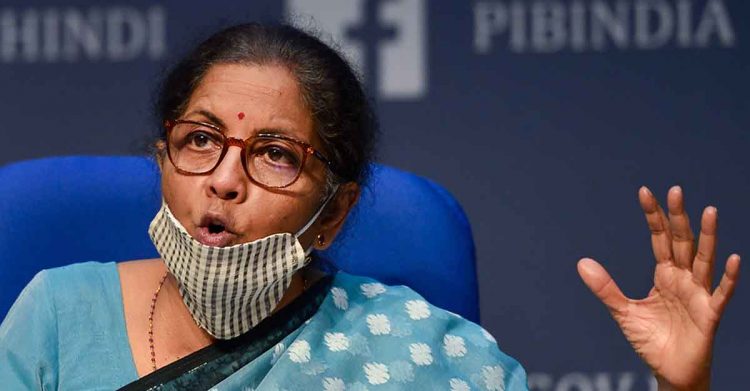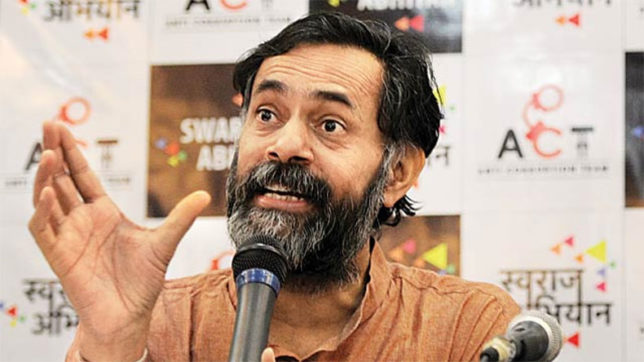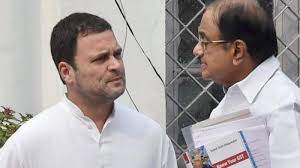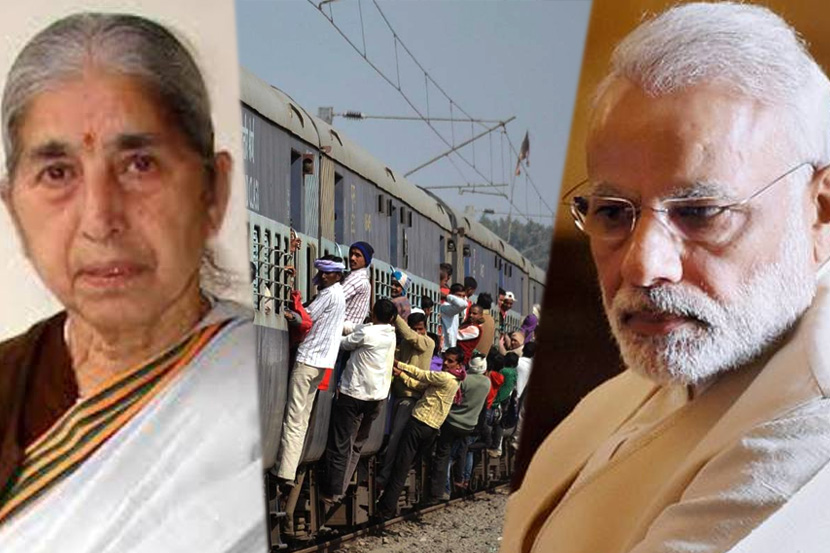In the 41st GST Council meeting last month, the Centre had proposed two options, so that a mechanism could be put in place as an exception this year, as Covid-19 disruptions and lower revenue collections have made it difficult for the Centre to meet its obligation on Goods and Services Tax (GST) compensation to states.
The first option, under which the Union government has offered states that they could borrow the shortfall arising out of GST implementation, estimated at Rs 97,000 crore approximately.
The amount would be borrowed through issue of debt under a special window coordinated by the Finance Ministry.
The first option is to ensure steady flow of resources similar to the flow under GST compensation on a bi-monthly basis.
Under this option, the Centre will endeavour to keep the cost at or close to the G-secs yield, and in the event of the cost being higher, will bear the margin between G-secs and average of State Development Loan yields up to 0.5 per cent through a subsidy.
The states which have preferred to opt for this option are mostly BJP ruled or it friendly allies who oppose Congress Party vehemently ruled states inclusive of Andhra Pradesh, Bihar, Gujarat, Haryana, Karnataka, Madhya Pradesh, Meghalaya, Sikkim, Tripura, Uttar Pradesh, Uttarakhand and Odisha.
Only Manipur has so far opted for the second borrowing option under which states can borrow the entire compensation shortfall of Rs 2.35 lakh crore, including the Covid-impact portion, through issue of market debt.
Though BJP ruled but Six more states Goa, Assam, Arunachal Pradesh, Nagaland, Mizoram and Himachal Pradesh will be giving their choice in a day or two, said official sources
But other balances states and Union territories that is 17 in numbers have submitted their views to the Chairperson of the GST Council but are yet to decide on the options, according to sources.
The Expiry of decision date of choosing options and the ensuing stalemate causes anxious movement to centre led Modi government In India









